In recent years, small business oral care ventures in TK have gained significant momentum. From local pharmacies and dental boutiques to ecommerce-based personal care startups, the growing awareness around dental hygiene is opening up new opportunities for entrepreneurs. But the question remains — are oral care products suitable for TK a viable business model for small-scale operations? In this blog, we analyze the TK market potential for oral care products and explore effective startup strategies for launching a dental hygiene business.
The TK oral care market has seen increased consumer demand driven by rising health consciousness, urbanization, and digital access. Here’s why small businesses can thrive in this space:
Growing demand for dental hygiene: Consumers in TK are becoming more proactive about oral health, especially post-pandemic.
Low market saturation in niche segments: There is still room for differentiated brands offering innovative or localized oral care solutions.
Supportive infrastructure: Access to contract manufacturers and online marketing platforms makes it easier to launch and scale.
With the right positioning, small businesses can tap into unmet needs in both urban and semi-urban regions, especially by offering affordable oral care solutions.
When it comes to oral care products suitable for TK, small businesses can focus on:
Electric toothbrushes: Compact, efficient, and increasingly affordable.
Oral irrigators: A growing trend among consumers looking for gentle, water-based cleaning options.
Whitening kits and gum care products: Emerging lifestyle demands.
Natural and herbal toothpaste: High appeal in the health-conscious segment.
Choosing the right mix is crucial for startups aiming to differentiate in the dental hygiene business.

One key success factor for small businesses is building strong relationships with reliable manufacturers. A quality-focused, flexible factory partner helps in:
Offering low MOQs (Minimum Order Quantities) to reduce startup risk.
Providing private label and customization options for brand differentiation.
Ensuring regulatory compliance and quality control for the TK market.
By partnering with the right factory, small brands can offer competitive, affordable oral care solutions without compromising on performance.
Here’s a step-by-step selection guide for entering the TK oral care space:
Market Research – Understand customer behavior, price sensitivity, and product trends.
Brand Positioning – Choose a niche (eco-friendly, tech-enabled, herbal, etc.) and develop clear messaging.
Select Your Product Line – Use product comparison analysis to determine which items align with target needs.
Find a Manufacturer – Choose partners with experience in small business oral care production.
Develop Sales Channels – Consider e-commerce, dental clinics, subscription models, or regional distributors.
When matched with the right product and market fit, even microbrands can succeed in this growing sector.
The rise in dental awareness and evolving consumer preferences make oral care products suitable for TK an excellent opportunity for entrepreneurs. With clear TK market potential, accessible sourcing, and scalable marketing strategies, even small businesses can thrive in the dental hygiene business.
By focusing on user needs, leveraging affordable oral care solutions, and partnering with capable manufacturers, small businesses can establish competitive, sustainable brands in this dynamic and growing category.
If you’re a brand owner looking to develop or source private-label oral care products, consider partnering with manufacturers who understand the needs of TK small businesses and offer flexible, scalable production solutions.
Would you like us to help you find a factory or customize a production plan? Let’s talk. https://www.powsmart.com/about-powsmart/
Whitening Gel Leakage Leads to Teeth Yellowing? Experts Issue Warning!

Identifying Chinese Electric Toothbrush Manufacturers That Listen and Improve With Your Feedback
Pump Seizure Plus Gingival Abrasion – Critical?
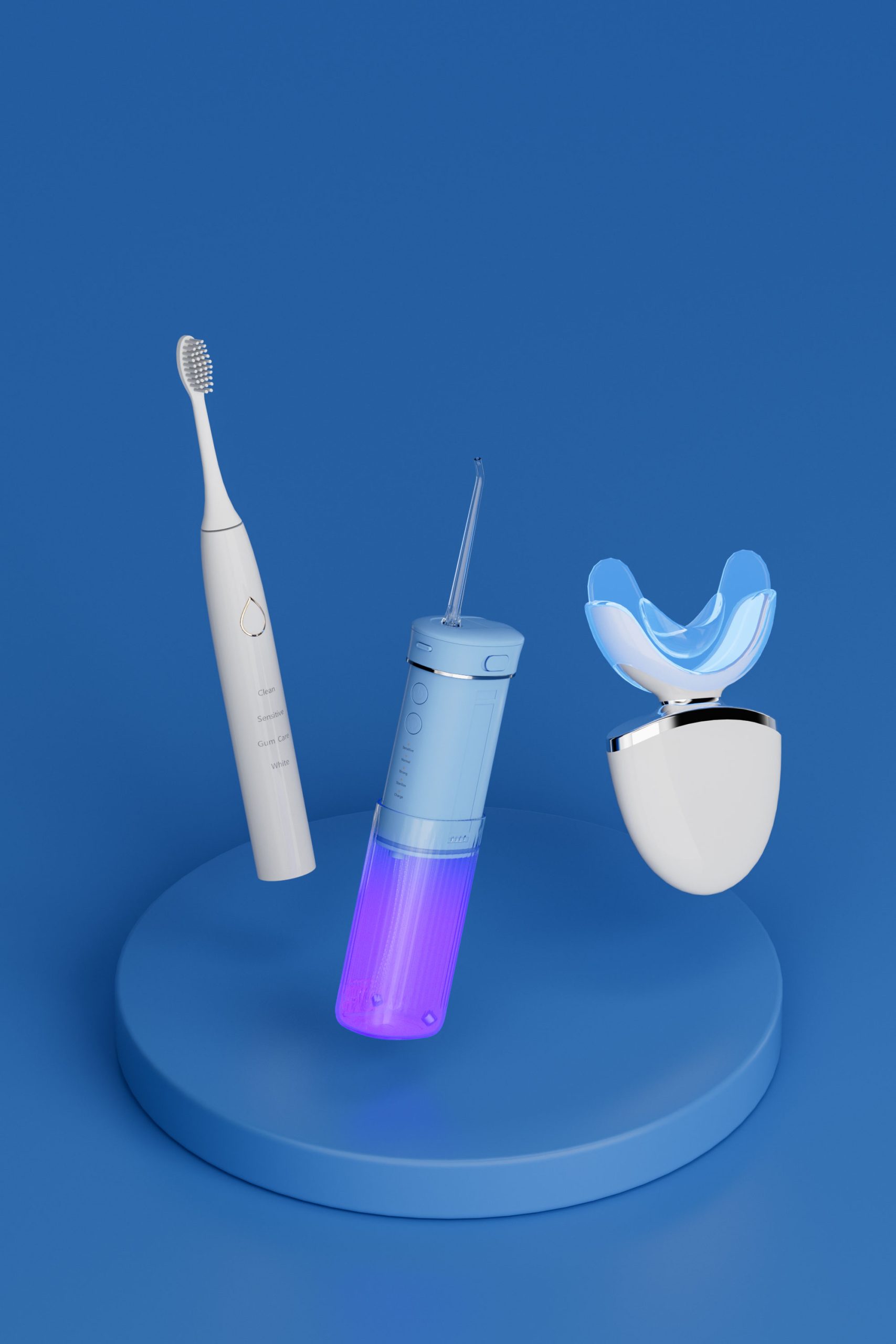
Smart Home Health Devices: Connected Toothbrush OEM Solutions

Application of Water Transfer Printing and Thermal Transfer Printing on Electric Toothbrush Shell: 3D Texture and Wear Resistance Test

Competitive Wholesale Oral Care Products for Your Store – Bulk Deals & OEM Options
.jpg)
In-depth Analysis of the Logo Craftsmanship of Water Flossers

Should You Partner with a Teeth Whitening Gel Manufacturing Expert?
Smart Toothbrush for Professionals | Tech Lifestyle Care

Oral care beauty trend :How Oral Care Became Beauty’s Sexiest New Category
.jpg)
How Does a GMP Certified Toothbrush Factory Leverage Toothbrush Packaging Customization for Brand Appeal?
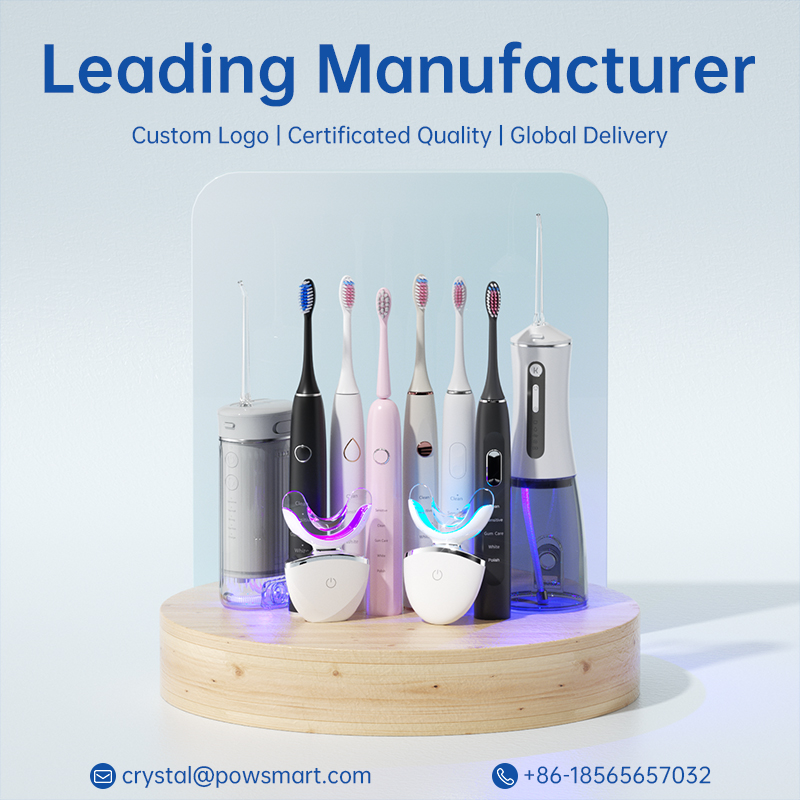
App Connected Toothbrush: OEM Development for Smart Oral Care

Charging Issues? A Water Flosser Manufacturer’s Guide to Troubleshooting Power Problems
Smart Toothbrush with Bluetooth Bulk

AI Powered Toothbrush: Next-Generation OEM Technology
Does Warranty Cover Motor Overheating in Electric Toothbrushes?
.jpg)
Florida Electric Toothbrush – Powsmart PTR-C8

Customization Teeth Whitening Gel
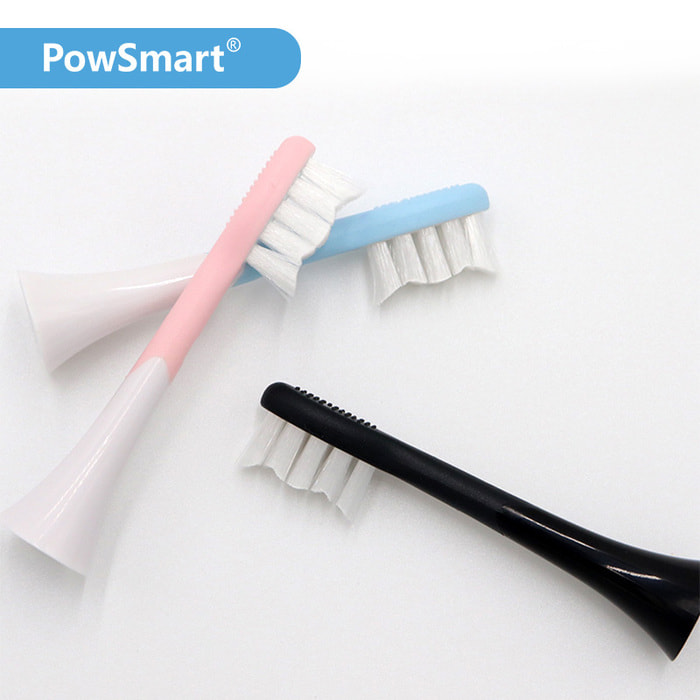
electric toothbrush heads Ultra Soft
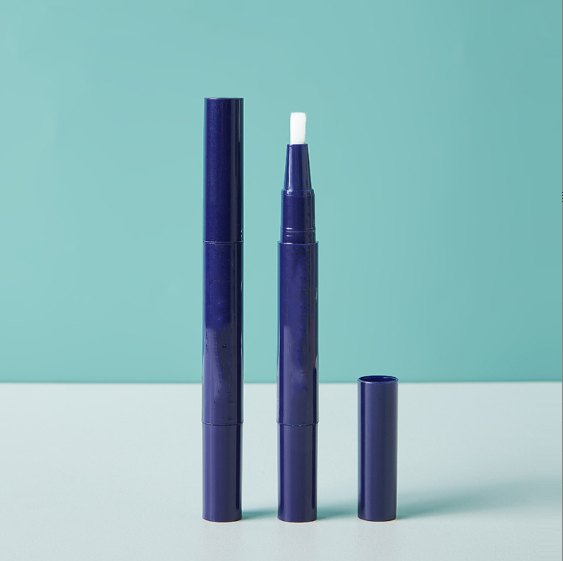
Private Label Whitening Gel
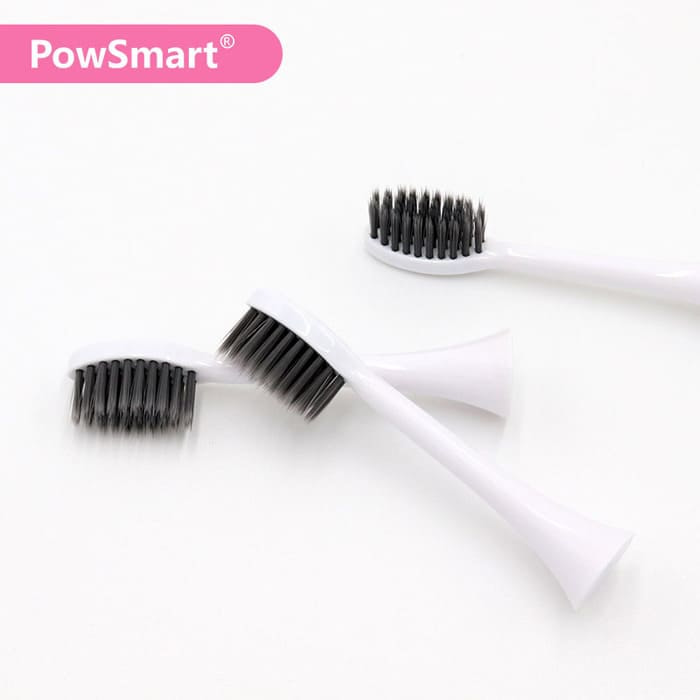
electric toothbrush heads Charcoal Infuse-Round
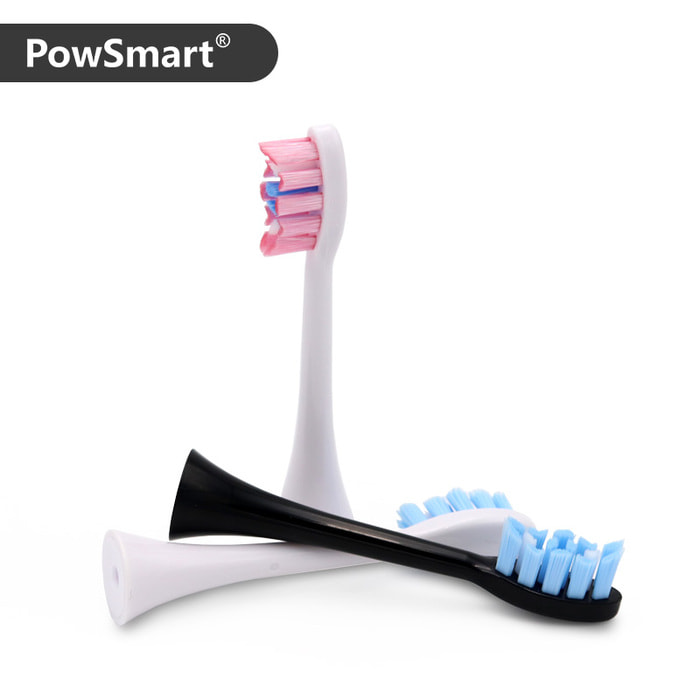
electric toothbrush heads Deep Clean
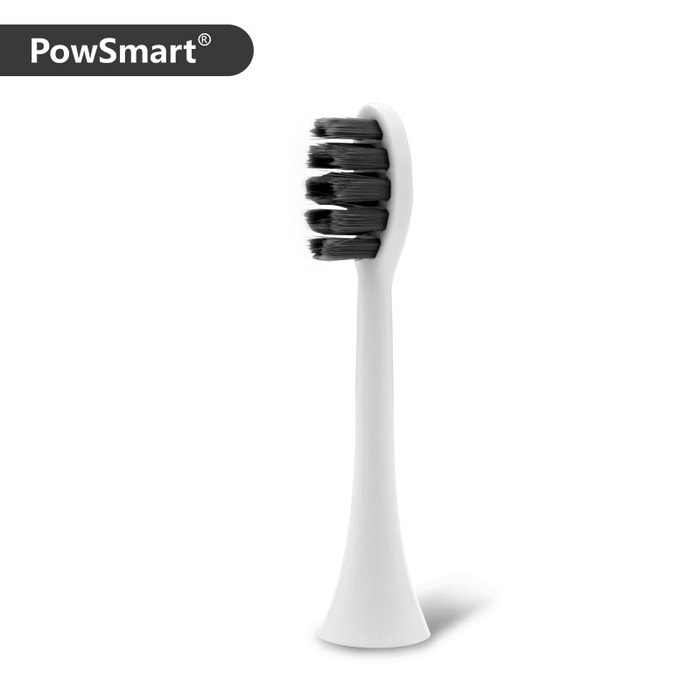
Electric toothbrush heads Charcoal Infused-Diamond
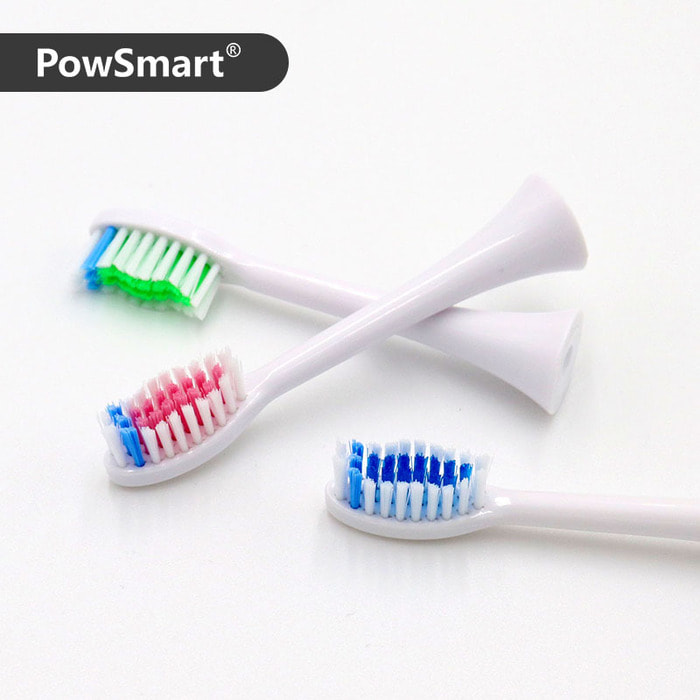
electric toothbrush heads Regular Clean
whstapp
whstapp
National Toll-Free Service Hotline
+86 755 86238638